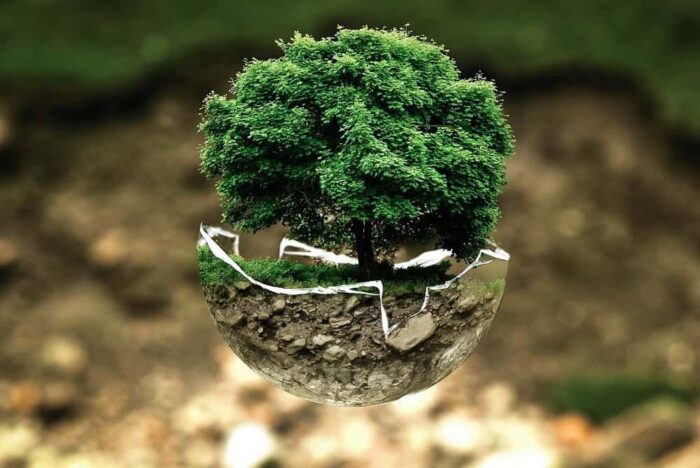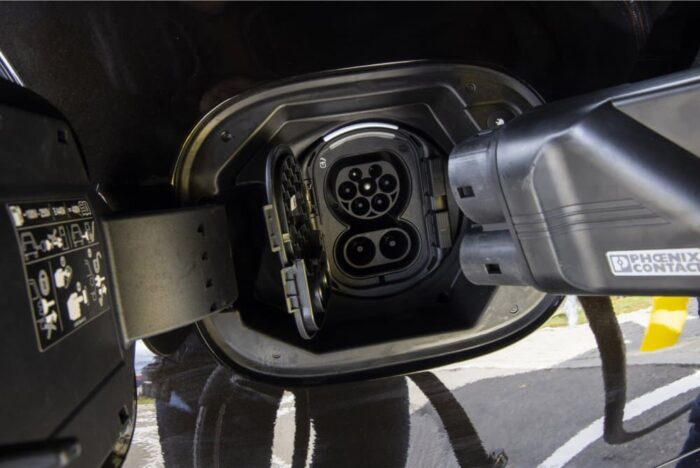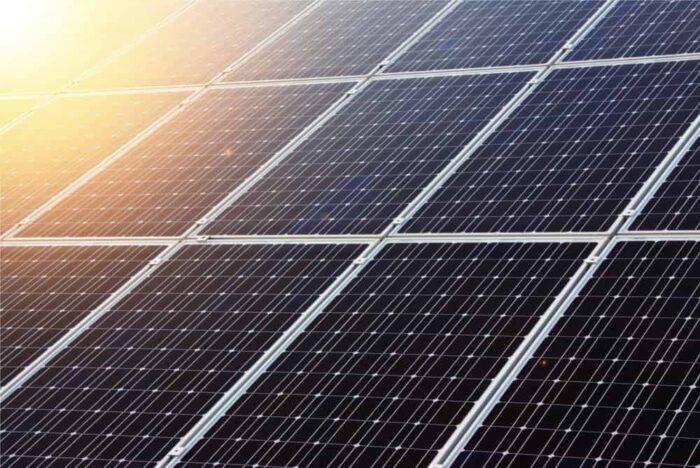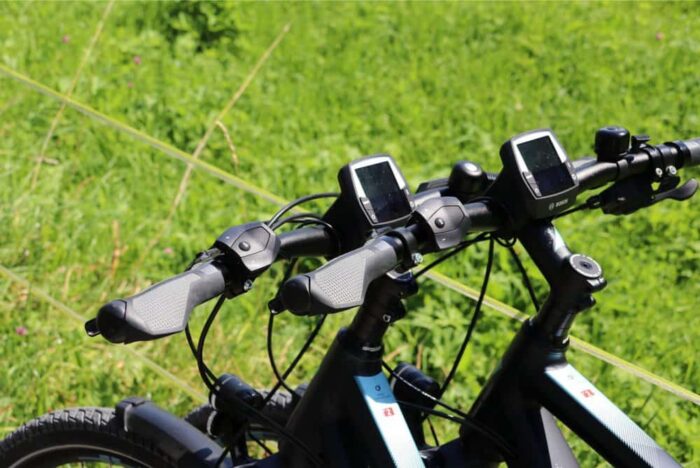Corporate responsibility
Limiting climate change and its far-reaching consequences is an essential part of our corporate culture. Ecological and social criteria therefore play a central role with regard to our corporate governance. Every company inevitably generates greenhouse gas emissions as a result of its business activities.
Longer business trips in particular are typical CO₂ sources and cause several hundred tons of emissions per year. This includes not only vehicles that emit climate-damaging greenhouse gases, but also all emissions caused by business operations – such as employees’ commutes.
However, the release of climate-damaging gases in the company can be effectively reduced by energy efficiency measures and offset by climate protection projects.
By identifying potential savings and reducing avoidable greenhouse gas emissions, we have already succeeded in drastically reducing our CO₂ footprint.
Climate neutral travel
However, “saving” greenhouse gases alone is not sufficient to achieve 100% climate neutrality, as unavoidable CO₂ emissions always occur in a company. In most cases, these can only be offset by purchasing CO₂ emission certificates from other climate protection projects.
We have deliberately not focused on offsetting CO₂ emissions by purchasing certificates, according to the motto – what cannot be reduced here will be saved elsewhere abroad.
Instead, they have decided to take “regional” action themselves and use suitable and available roof areas for the generation of solar energy. In this way, we are making a major contribution to the energy turnaround in our own country and are thus offering our customers and partners a modern and, above all, sustainable solution for all aspects of commercial passenger transportation.
Thus, in 2021, it was already possible for us to charge our own e-car fleet almost exclusively with “self-produced” solar power and even feed any remaining green electricity back into the public grid.

“Sustainability is the central issue of our time. Because environmental protection concerns us all. The Bavaria Limousines Group – and all employees of our group of companies – have set themselves the task of becoming completely CO₂-neutral by 2030 in order to enable our customers and partners to travel sustainably and to leave a better world for our children. You too can make an active contribution to environmental protection and reduce your personal carbon footprint today by booking one of our 100% CO₂-neutral and fully electric “Green SUVs” for your next business trip (e.g. Audi Q4 e-tron 50 Quattro 2022).”
Alexander Kraus
Managing Director and Head of Department: Marketing & Public Relations, Diplom Betriebswirt & Bachelor of Arts
Climate protection measures
As an innovative service provider in an industry rich in tradition, we have found an ideal way to make our chauffeur services as climate-neutral as possible, without you having to forego your accustomed and reliable comfort during the journey. We will achieve our ambitious goals through the following measures:
Greenhouse gas reduction
Our fleet
- Successive renewal of the limousine service fleet with electric vehicles (ZEV)
- Provision of all-electric vehicles for all errands and business trips
- Exclusive use of vehicles that comply with the latest emission standard (for diesel and gasoline)
CO₂ Equalize
Company in transition
- Construction of own photovoltaic systems
- Objective: min. 20 kWp annually until 2030
- Certification of CO2 savings within the framework of the greenhouse gas reduction quota
- Use of green electricity in the business premises
- Digitization of processes to avoid waste
Commitment to the environment and climate
Motivated employees
- Provision of e-bikes for the journey to and from work
- Seminars and training courses in the field of environmental protection (environmentally conscious behavior on the job and in the workplace)
- Driving training for the chauffeurs: economical driving
- Creation of a charging infrastructure for employees and customers





